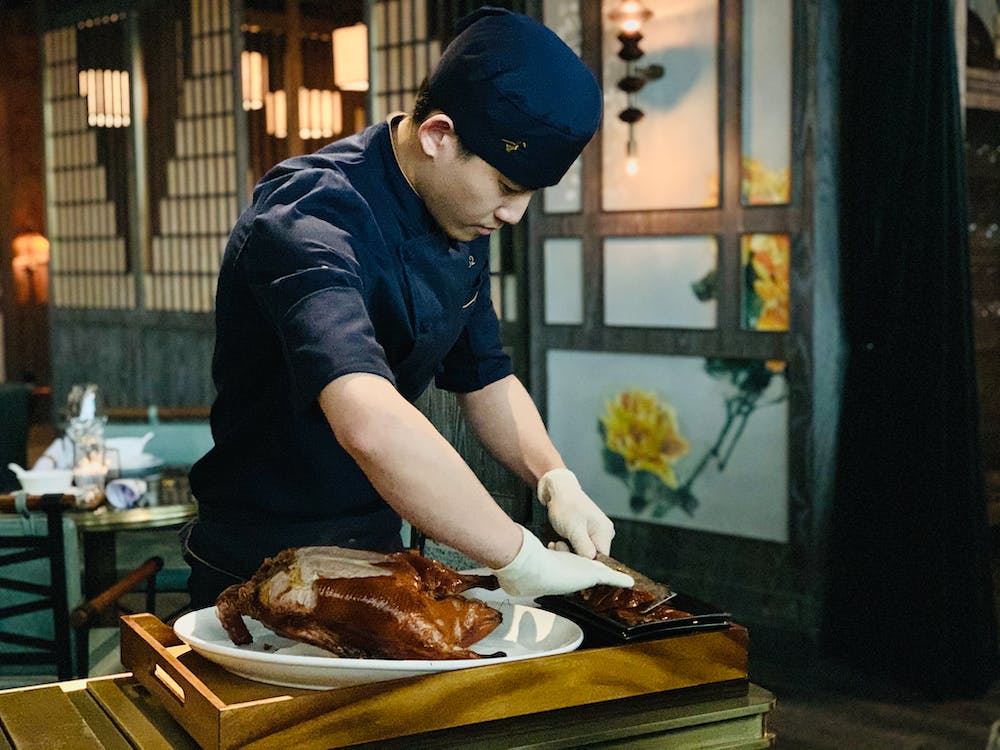When it comes to food safety, the role of a food inspector is indispensable. Food inspectors play a vital role in ensuring that the food we consume is safe, hygienic, and of high quality. If you're passionate about food safety and want to contribute to the well-being of the community, becoming a food inspector can be a rewarding career choice. In this comprehensive guide, we will explore the steps to help you become a successful food inspector.
Understanding the Role of a Food Inspector
Food inspectors are responsible for safeguarding public health by ensuring that the food we eat is safe for consumption. They perform a wide range of duties, including:
- Inspecting Food Production Facilities: Food inspectors visit food production facilities, such as farms, processing plants, and restaurants, to check for compliance with safety and sanitation regulations.
- Auditing and Monitoring: They audit food production processes, examining food handling, storage, and preparation to ensure it meets regulatory standards. Regular monitoring is key to maintaining food safety.
- Investigating Incidents: Food inspectors investigate complaints, foodborne illness outbreaks, and other incidents related to food safety. They work to identify the sources of contamination and prevent future occurrences.
- Enforcing Regulations: They enforce federal, state, and local food safety regulations, issuing citations and penalties when necessary to ensure compliance.
Educational Requirements
To embark on a career as a food inspector, a solid educational background is essential. You will typically need at least a bachelor's degree in a relevant field. Some of the common fields of study include:
- Food Science: This degree provides a comprehensive understanding of food production, safety, and quality.
- Biology: A biology degree equips you with the knowledge of microbiology, which is crucial for understanding foodborne pathogens.
- Chemistry: A chemistry degree can be beneficial for analyzing food samples and conducting lab tests.
Selecting a degree program that matches your passions and aligns with your professional aspirations is crucial.During your studies, focus on courses that cover food safety, microbiology, and food chemistry.
Gaining Relevant Experience
While education provides the theoretical foundation, practical experience is equally important. Prior experience in the food industry can offer valuable insights into food inspection procedures. Here are some steps to gain relevant experience:
- Internships: Look for internship opportunities with food safety departments, government agencies, or food processing companies. Internships provide hands-on experience in food inspection and safety protocols.
- Entry-Level Positions: Consider starting in entry-level positions related to food quality control, quality assurance, or sanitation. These roles expose you to the day-to-day operations of food safety.
- On-the-Job Training: Many food safety agencies and organizations provide on-the-job training programs for aspiring food inspectors. These programs cover various aspects of inspection procedures.
Practical experience not only enhances your knowledge but also makes your resume more attractive to potential employers.
Certifications and Licensing
Certifications and licenses are a crucial part of becoming a food inspector. They demonstrate your competence and commitment to food safety. The specific requirements may vary by location, but some common certifications include:
- Certified Professional - Food Safety (CP-FS): Offered by the National Environmental Health Association (NEHA), this certification is highly regarded in the field.
- Registered Environmental Health Specialist (REHS): This certification, offered by state health departments, is required in some jurisdictions.
- State or Local Health Department Licensing: Depending on your location, you may need to obtain a specific license to work as a food inspector.
It's important to research the certification and licensing requirements in your area and ensure you meet them.
Networking and Industry Connections
Building a strong professional network is invaluable in the food safety industry. Networking can open doors to job opportunities, provide mentorship, and keep you updated on industry trends. Here's how to build your network:
- Attend Conferences: Food safety conferences and seminars are excellent places to meet industry professionals and learn about the latest developments.
- Join Professional Organizations: Join organizations like NEHA, the Association of Food and Drug Officials (AFDO), or other local food safety associations. These organizations often host events and provide resources for aspiring food inspectors.
- Connect with Current Food Inspectors: Reach out to current food inspectors for advice and mentorship. They can offer valuable insights into the field and help you navigate your career path.
Applying for Food Inspector Positions
With the right education, experience, and certifications, you're well-prepared to start your career as a food inspector. Here are the steps to find and apply for job opportunities:
- Government Agencies: Many food inspectors work for government agencies, such as the U.S. The United States Department of Agriculture (USDA) and the Food and Drug Administration (FDA). Check their websites for job listings and application instructions.
- Private Companies: Food processing companies, restaurants, and retailers often hire in-house food inspectors. Explore their career pages for openings.
- Food Regulatory Bodies: Some states and local governments have their own food safety departments. Check with your state's health department for job postings.


